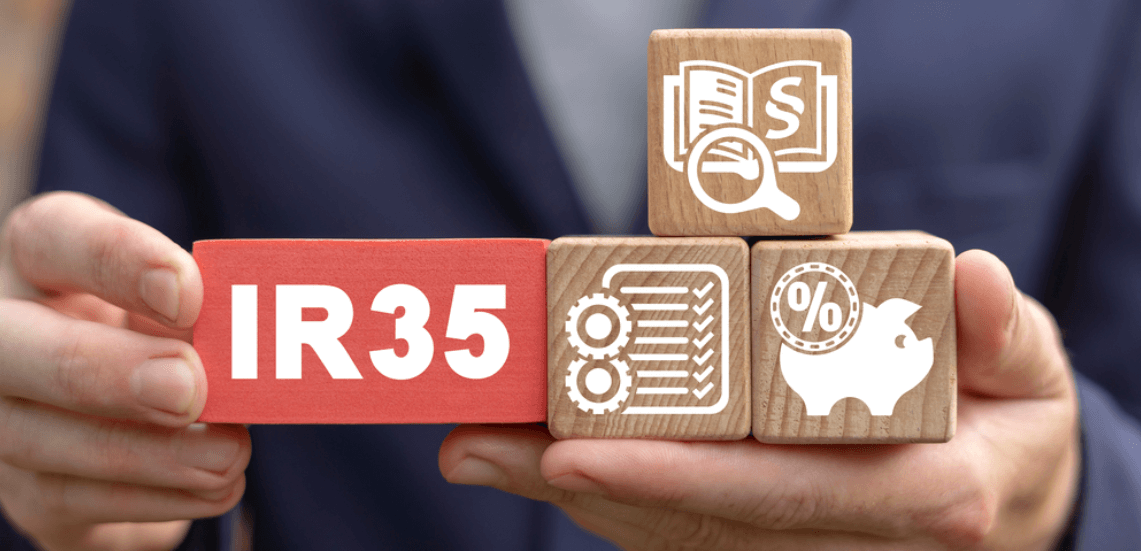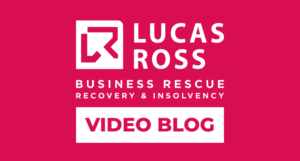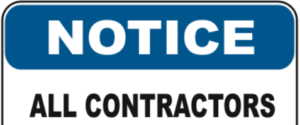During the last 18 months a lot of IR35 consultant directors have decided to close their company via liquidation.
What is IR35?
IR35 is two sets of tax legislations that are designed to combat tax and national insurance avoidance, for companies who supply their services to clients through a intercessor such as Personal Limited Companies.
This means that single clients such as consultancy directors may end up paying more tax than if they were self-employed or was in full time employment.
Directors statutory redundancy eligibility
Claiming director redundancy is immensely important, especially if your business income has been severely impacted due to the pandemic and faces the possibility of liquidation.
Majority of IR35 directors running limited companies are able to claim redundancy, as long as they pass the eligibility checks. These eligibility requirements include, working as an employee for at least two years, working for a minimum of 16 hours a week and regularly sustaining PAYE earnings from the company during that time.
Although there may be some issues that could arise that would complicate the procedure for IR35 directors. Such as HMRC tax arrears and Director loan accounts being overdrawn or in arrears.
HMRC – Right of set off
From 2008 HM Revenue and customs have the power to set off amounts that are due to be repaid or paid to a person against monies owed to HMRC by that individual, this includes contract settlements. This means that if a director does have a claim that has been successful, HMRC can take any monies owed to themselves from the amount that’s been paid out.
This is because HMRC is a creditor and ultimately will aim to recover any monies owed to them during a liquidation.
In some cases the right of set off could make the director personally liable for outstanding debt amounts, if the redundancy payment out, doesn’t cover the full amount owed.
Overdrawn Directors Loan Accounts (DLAs)
A directors loan account is money that belongs to the business but as a director of the company you can therefore make withdrawals.
Because the money the director would be taking out isn’t a salary, dividend, expense repayment or money the director has previously paid into the accounts or loaned the business money. It would therefore be classed as a Directors loan.
As long as the directors loan accounts are in credit then the business would owe the director credit. You therefore don’t have to pay any tax on it. On the flip side of that if your DLA is overdrawn and has a debit balance, then the director will owe the business money.
When a business starts the liquidation procedure, the main goal is to provide creditors with the highest return possible, through selling assets and trying to recover as much monies owed to the business. That’s why when a director withdraws money from business accounts, it essentially creates debt that’s owed to the company by the director, which in turn is owed to the creditors. This leaves the director of the business in a very sticky situation.
If funds are sparse, especially as so many companies funds have severely depleted over the last 18 months with the coronavirus pandemic affecting so many businesses. Then it could ultimately mean liability for the director.
Next steps?
If you’re a IR35 director and are concerned or confused on your liability as a IR35 director then, seek professional advice from registered Insolvency practitioners.
Here at Lucas Ross – Business Rescue Recovery and Insolvency, we have a team of specialist trained advisors who would be happy to arrange a free, no obligation, virtual meeting to review your options and help you come to a satisfactory result.
Contact Lucas Ross – Business Rescue Recovery and Insolvency today on –
Email: help@lucasross.co.uk
Freephone: 03301289489





